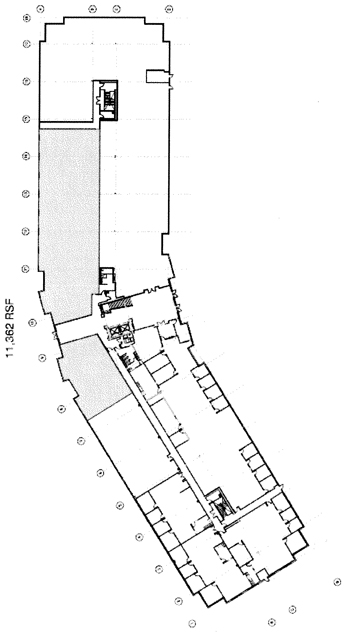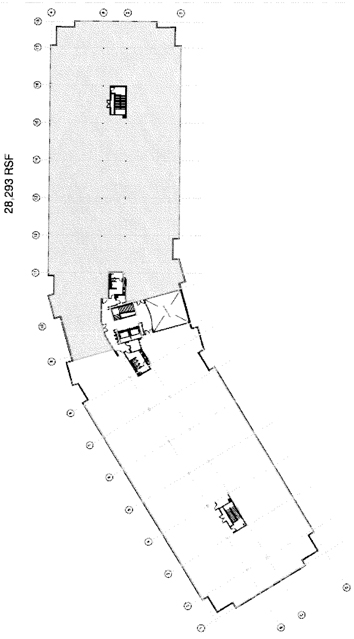Operating Expenses for such year as reasonably determined by Landlord employing sound accounting and management principles, to determine the amount of Operating Expenses that would have been paid had the Building been ninety-five percent (95%) occupied, and the amount so determined shall be deemed to have been the amount of Operating Expenses for such year.
4.2.5 “Tax Expenses” shall mean all federal, state, county, or local governmental or municipal taxes, fees, charges or other impositions of every kind and nature, whether general, special, ordinary or extraordinary (including, without limitation, real estate taxes, general and special assessments, transit taxes, leasehold taxes or taxes based upon the receipt of rent, including gross receipts or sales taxes applicable to the receipt of rent, unless required to be paid by Tenant, personal property taxes imposed upon the fixtures, machinery, equipment, apparatus, systems and equipment, appurtenances, furniture and other personal property used in connection with the Building), which Landlord shall pay or incur during the Base Year or any Expense Year (without regard to any different fiscal year used by such governmental or municipal authority) because of or in connection with the ownership, leasing and operation of the Real Property. Tax Expenses for the Base Year and each Expense Year shall be calculated as if the Building were ninety-five percent (95%) occupied by tenants in space that is built out, and the Building is fully assessed as a result of the foregoing.
4.2.5.1 Tax Expenses shall include, without limitation:
(i) Any assessment, tax, fee, levy or charge in addition to, or in substitution, partially or totally, of any assessment, tax, fee, levy or charge previously included within the definition of real property tax, it being acknowledged by Tenant and Landlord that Proposition 13 was adopted by the voters of the State of California in the June 1978 election (“Proposition 13”) and that assessments, taxes, fees, levies and charges may be imposed by governmental agencies for such services as fire protection, street, sidewalk and road maintenance, conservation, refuse removal and for other governmental services formerly provided without charge to property owners or occupants, and, in further recognition of the decrease in the level and quality of governmental services and amenities as a result of Proposition 13, Tax Expenses shall also include any governmental or private assessments or the Building’s contribution towards a governmental or private cost-sharing agreement for the purpose of augmenting or improving the quality of services and amenities normally provided by governmental agencies. It is the intention of Tenant and Landlord that all such new and increased assessments, taxes, fees, levies, and charges and all similar assessments, taxes, fees, levies and charges be included within the definition of Tax Expenses for purposes of this Lease;
(ii) Any assessment, tax, fee, levy, or charge allocable to or measured by the area of the Premises or the rent payable hereunder, including, without limitation, any gross income tax with respect to the receipt of such rent, or upon or with respect to the possession, leasing, operating, management, maintenance, alteration, repair, use or occupancy by Tenant of the Premises, or any portion thereof;
(iii) Any assessment, tax, fee, levy or charge, upon this transaction or any document to which Tenant is a party, creating or transferring an interest or an estate in the Premises; and
11


